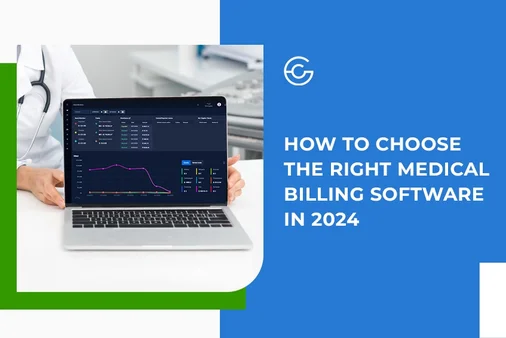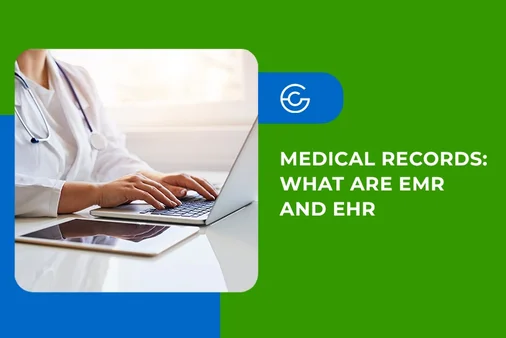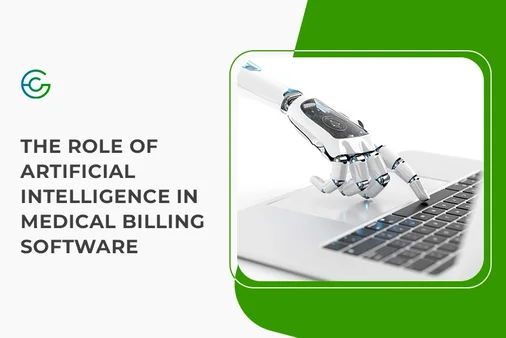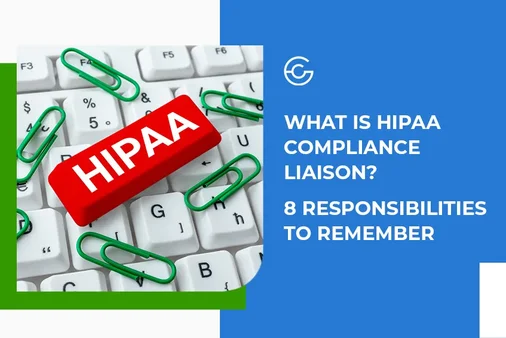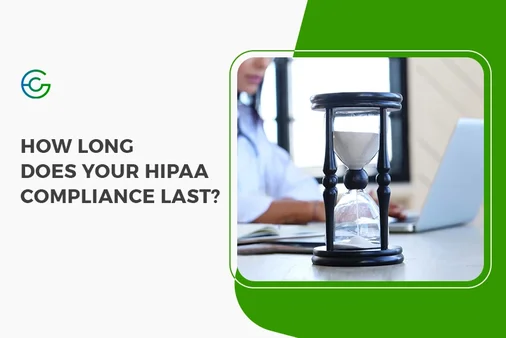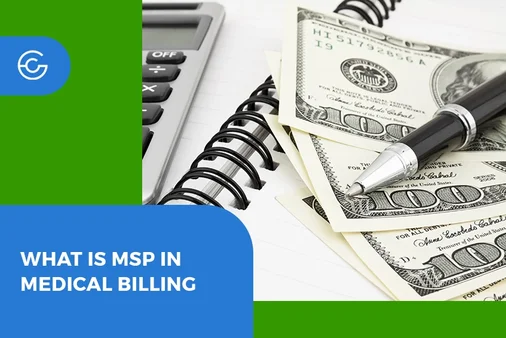
Medical billing is the lifeblood of any healthcare facility or institution. It helps ensure all finance processes remain accurate and efficient. If there are errors or discrepancies in medical billing, doctors and support staff may not be paid on time, affecting all healthcare operations. Without medical billing, utilities would not work, and functional equipment would not be available for the institution’s everyday activities. This is why every organization needs to have an efficient billing process so their cash flow remains healthy.


